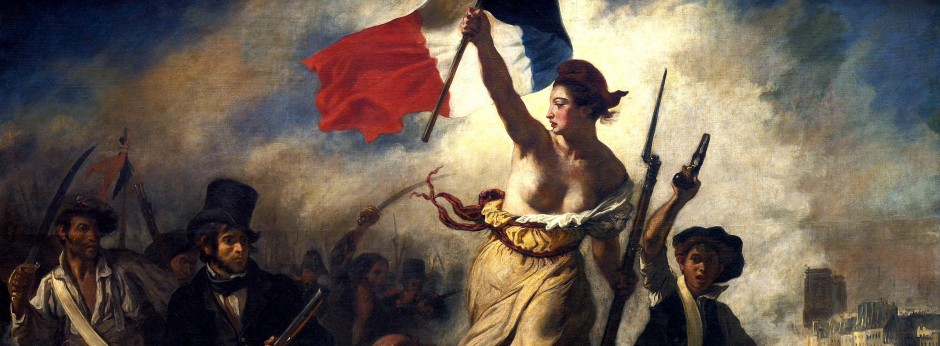This week my passion blog centers around Maori culture, the ancient native tribes of New Zealand. For the most part, Maori mythology was inherited from a Polynesian homeland, then developed further in the new setting–similar to how Europeans brought their folk tales with them to America, before ultimately expanding upon the lore until it turned into something new, but not entirely original. That said, it’s important to understand some basic concepts of Polynesian culture before we go into specific Maori stories.
Similar to Native Americans, Polynesians believed they were inherently part of nature. In fact, every human was descended from the same couple: The Sky Father and the Earth Mother. Before felling a tree, Native Polynesians would be sure placate Tane Mutah, God of the Forest. While hunting for food, they would never speak of their purpose, for fear that their prey would hear them and make its escape.
Myths were always told as referring to the remote past, with the idea that the universe was still evolving and growing as the Maori lived in it. Some tribes liken this evolution to the growth of a tree, it’s branches and roots all stemming from a great trunk. Other versions speak of it as the development of a child in a womb, constantly growing, shaping, and refining itself.
This is all very general knowledge of the religion, but as I promised, I do have a story for you, and it’s specific to Maori mythology. The tale has it’s roots in the South Island and East coast of New Zealand’s North Island. It’s the legend of Kahutia-te-rangi, also known as Paikea: Whale rider.
The story begins with Kahutia-te-rangi’s half-brother, Ruatapu. Ruatapu is already angry because Kahutia-te-rangi is of a higher status than him (Kahutia-te-rangi’s mother was of noble birth, while Ruatapu’s mother was a slave). One day Ruatapu went to use Kahutia-te-rangi’s comb, and their father, Uenuku, rebuked him, reminding Ruatapu that he was of lower rank than his half-brother, and had no right to touch his things.
Livid at his father’s words, Ruatapu spun a plan for his revenge. He built a canoe, and when it was finished, he lured Kahutia-te-rangi and several other high-ranking sons of Uenuku into it with him. With the young men oblivious of his intentions, Ruatapu paddled the canoe far out to sea. What his half-brothers did not know, was that Ruatapu had knocked a hole into the bottom of the canoe, and was only temporarily plugging it with his heel. Once the canoe was far from prying eyes, Ruatapu removed his heel, and the canoe sank. One by one he fell upon each young man and drowned them. Every man, except Kahutia-te-rangi.
Kahutia-te-rangi had recited an incantation as the boat sank, invoking the Southern humpback whales (called “paikea” in Maori) to help carry him to shore. The whales did so, making Kahutia-te-rangi the sole survivor of Ruatapu’s evildoings. Soon after, Kahutia-te-rangi would assume the name Paikea, as a memorial to the whales that assisted him in his time of need.
I love exploring new cultures like this. Please, if you’re reading, shoot me a request! Any culture or story is fair game!
